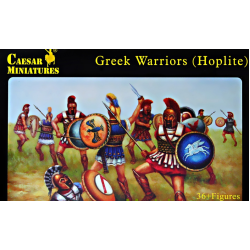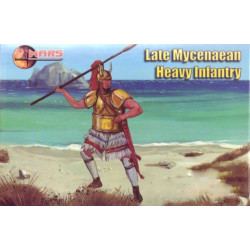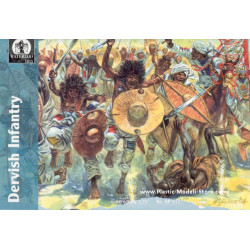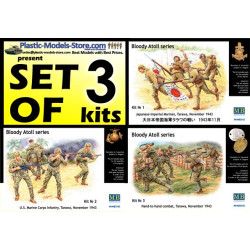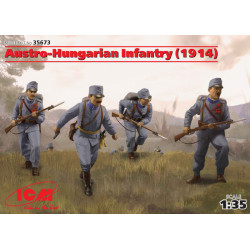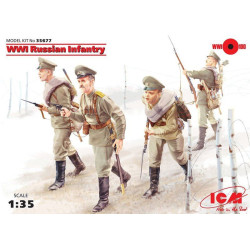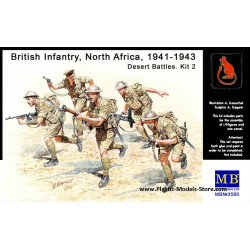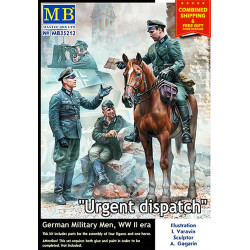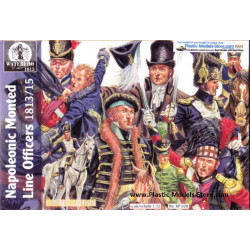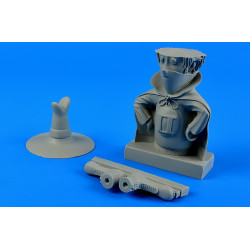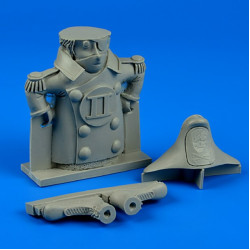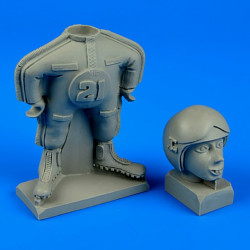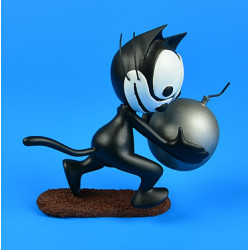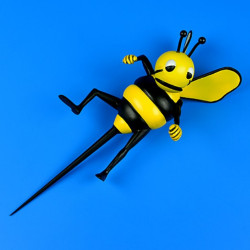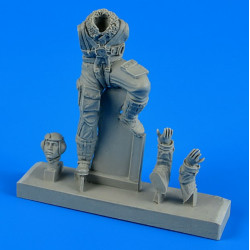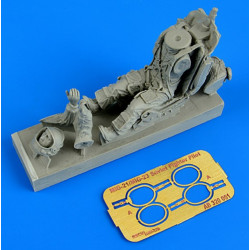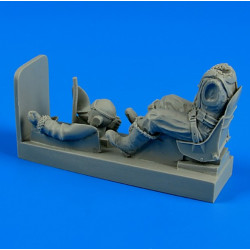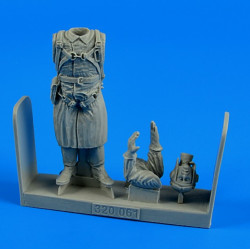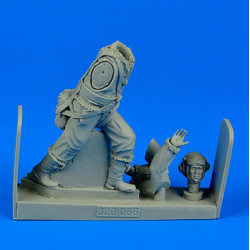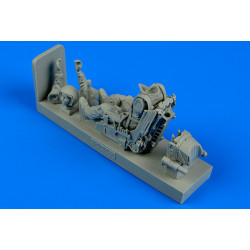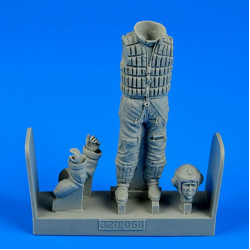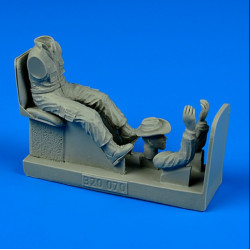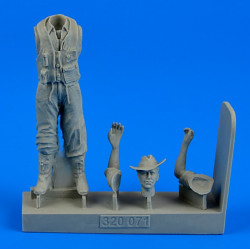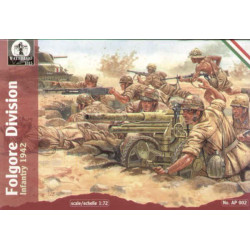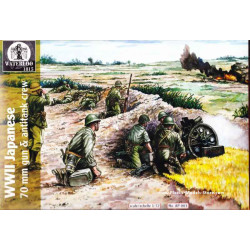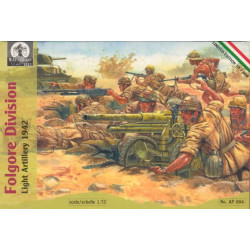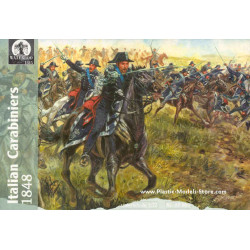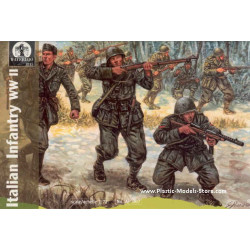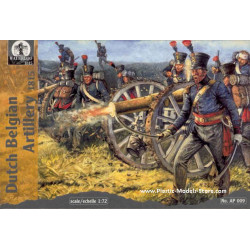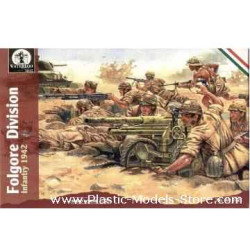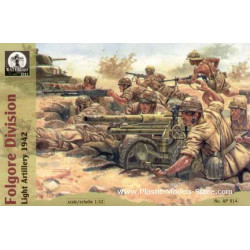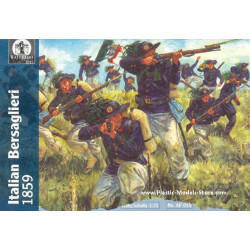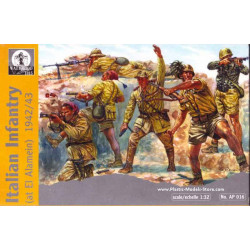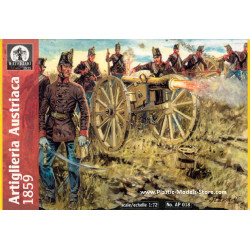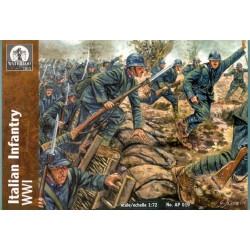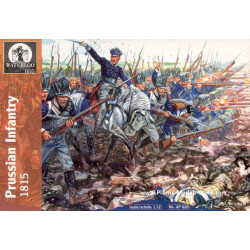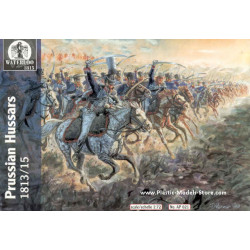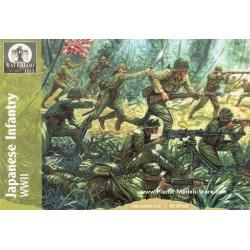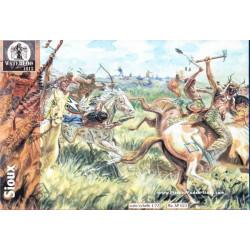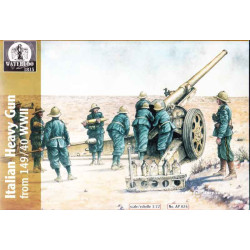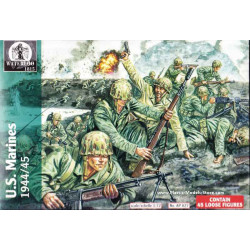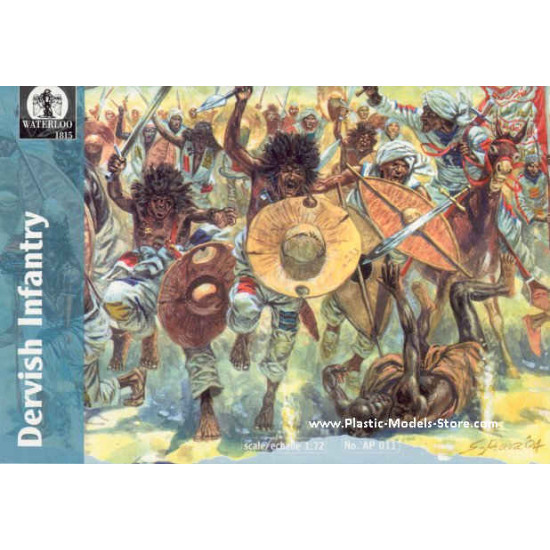
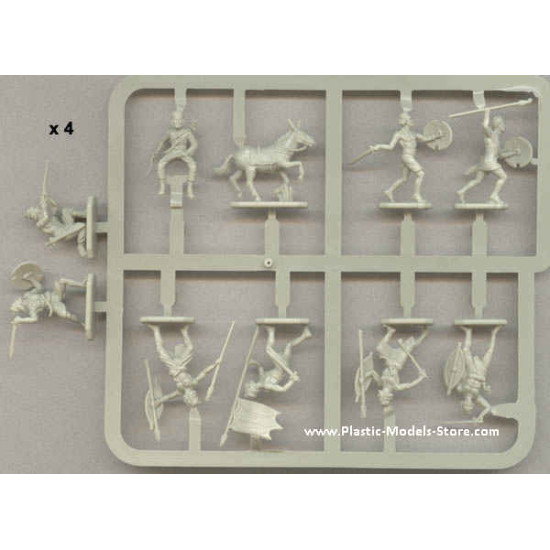
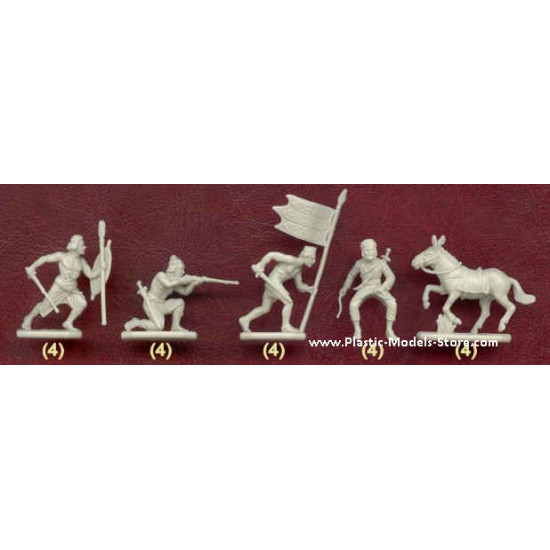
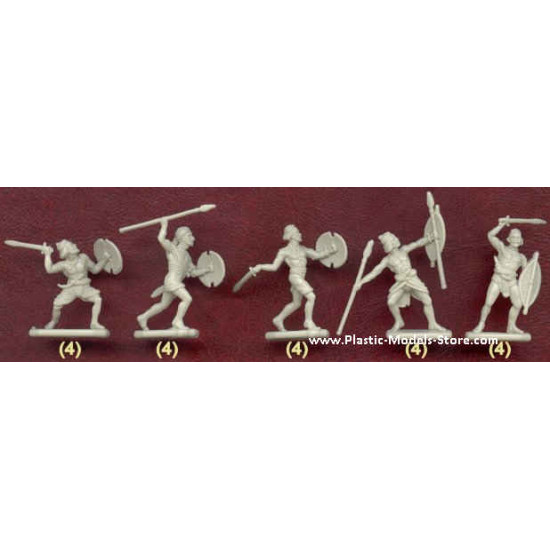




Dervish Infantry
1/72 scale plastic model kit
WATERLOO 1815 AP 011
Manufacturer: Waterloo 1815 (Italy)
Scale: 1/72
Material: Plastic
Paint: Unpainted, assembled, Kit do not contain paints and glue.
Condition: New in Box
Date Released
2005
Contents
36 figures and 4 mules
Poses
9 poses, 1 mule pose
Material
Plastic (Medium Consistency)
Colours
Light Grey
Average Height
24 mm (= 1.73 m)
Review
First a brief history lesson for a little-known campaign. By 1880 the Sudan had been ruled, or rather misruled, by its Egyptian neighbours for decades. Inevitably the result was acts of rebellion, and in 1881 these began to crystallize around one man who declared himself the Mahdi ('Messiah' or 'Guided One of the Prophet'). He denounced the Egyptian occupation and preached a pure or fundamentalist Islam. Over the next few years various Egyptian forces sent against him and his followers were defeated and often annihilated, causing his movement to grow to the extent that by early 1885 it had captured almost all of Sudan, including the capital of Khartoum after a siege, and effectively expelled the Egyptians. However what makes this campaign so well known to Europeans is because the Governor of the region died during the fall of Khartoum - a popular hero in the eyes of the British press and public - General Charles 'Chinese' Gordon. The half-hearted attempt by the British government to rescue Gordon from the siege only adds to the drama, introducing a powerful Western army into the mix.
Originally the followers of the Mahdi were termed Dervishes, but this was soon changed to the Ansar. Nonetheless the British continued to refer to them as Dervishes, and it is these men that are the subject of this collection of figures. Or rather, this set contains one section of the Dervishes, because all the warriors in this set are Beja, an important component of the Dervish forces to be sure, but only one of several. The main grouping of the Beja tribe, the Hadendowa, fought for the Mahdi and gained the famous nickname of 'Fuzzy-Wuzzies' from the British for their remarkable hair style, although other Beja actually fought with the British and Egyptians.
The poses chosen for these men are a fair selection, with most either advancing or fighting with swords. One man seems to be battling a mounted opponent, which limits his usability in other scenarios, but all are realistic and pretty well sculpted. However as can be seen there are equal numbers of each pose, so you get a lot of flag bearers in a set. Some of these could be converted into spears quite easily to improve this imbalance. It is more difficult to think what can be done with all those Emirs and mules however.
The figures are wearing loose trousers in the correct style, and their frizzed hair has been well captured here. One man (row one, figure two) wears a fuller robe and also seems to have a shaved head on which he wears a skull cap and turban - a fashion that became more popular during 1885. The mounted Emir also wears a turban and something like a jibbeh - a costume that was to become a uniform of sorts for the Mahdi's forces. As a leader of his people he might be expected to adopt such new fashions first. He carries his sword over his left shoulder in the customary way. After 1885 the jibbeh was commonly worn and the hair shaved, so these figures are suitable for the 1880-1885 campaign but not the later one of 1898.
Weaponry is mostly the traditional sword and/or throwing spear much used by these warriors (spears for fighting rather than throwing were much longer than those in this set). One man carries a rifle, almost certainly a Remington taken from one of the defeated Egyptian forces or captured towns, but he has no ammunition bandoliers or bags, despite plenty of these items still existing today. One man has his scabbard over one shoulder, a method we felt would cause it to slip off during action and therefore be unlikely. Another man bears a flag. These flags usually consisted of four lines of text from the Koran, were rectangular, rather larger than this example and were only patterned on one side, so this one, which is identically engraved on both sides, is unusual if indeed it is authentic at all. While clothing and weapons are fine the shields are another problem area. The traditional Beja hide shield was round with a large boss, and the first three figures in our picture carry a perfect model of this. However the next three have been given oval shields which were carried at a later date by peoples from the Nile region (the Beja live in eastern Sudan). Since only the Beja carried shields at this date these are completely wrong.
The mule is in our view unconvincing because of the horse-like gait - it appears to gallop in a manner that does not seem appropriate for a mule. His rider, who fits him very well, is clearly of some position but limited means as most leaders mounted themselves on the fine Arab horses that were to hand.
The look of these figures is like that of other sets from this manufacturer, and is very reminiscent of the Esci range (particularly their Zulus in this case). Like the Esci figures these are very clean with only a handful of little bits of flash. There is no excess plastic to speak of, so these are technically very well produced.
The Beja that fought the Egyptians, their Sudanese troops and latterly the British up to 1885 and the fall of Khartoum were dressed and armed like these figures, which is basically their everyday dress. With the exceptions we have explained, particularly the shields, these are pretty accurate and nice figures. Even with the old Esci Muslim Warriors set however these only partly cover the Dervish army of the 1880s and there remains plenty of scope for more Dervishes for both 1885 and 1898. A good first set dedicated to this conflict, but we can only hope that the subject will be completed in due course.
| General Product Info | |
| Material | NOT SET |
| Scale | 1/72 |
| Type | Infantry |
We have the lowest worldwide shipping. And it's totally simple.
EUROPE, USA, CANADA TURKEY, ISRAEL, EGYPT, UE CHINA, JAPAN, HK, S.KOREA | AU NZ MX South America, Asia | |
| Order weight up to 0.22kg or 0.48lb | US$ 8.90 | US$ 8.90 |
| Order weight up to 0.44kg or 0.97lb | US$ 13.95 | US$ 17.90 |
| Order weight over 0.44kg or 0.97lb | US$ 19.99 | US$ 29.99 |
| Order total over $150 | FREE | PROMO US$ 19.99 |
Shipping to some countries not qualifies for the free shipping option but costs not over $29.99 for any sized order. Sorry for that, your location is too far.
- Stock: Out Of Stock
- Model: WATERLOOAP011
- Weight: 0.19lb
- DATE ADDED: 22/02/2009
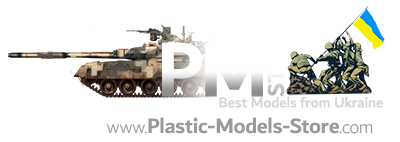
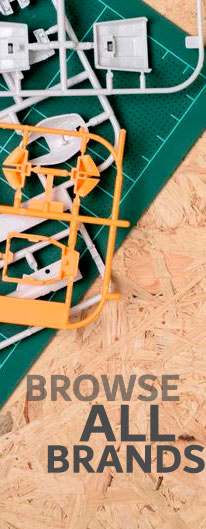
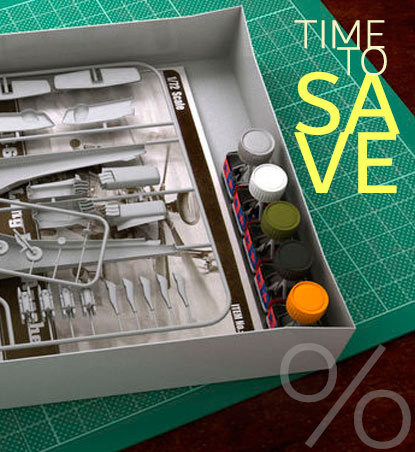
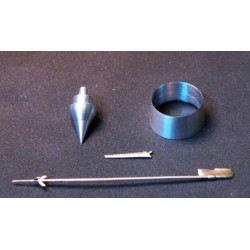
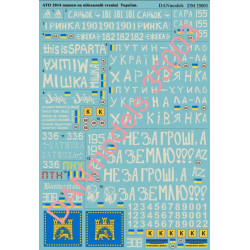

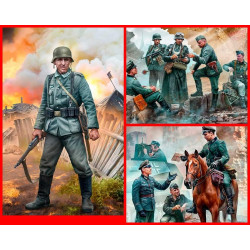
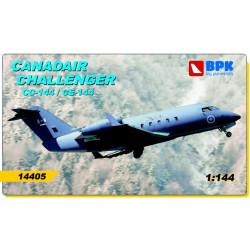
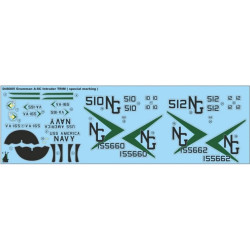

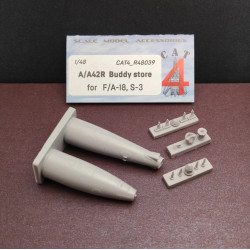

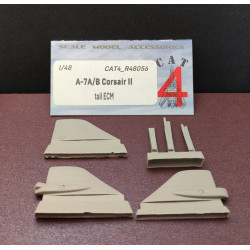
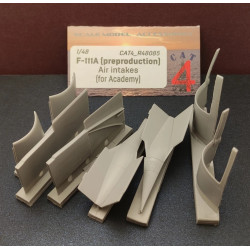
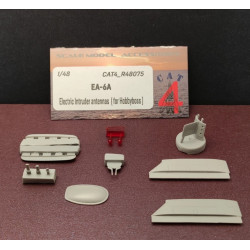
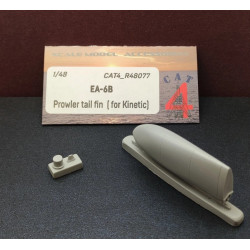
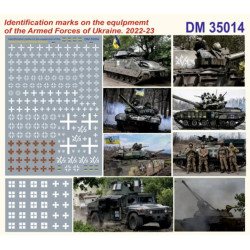
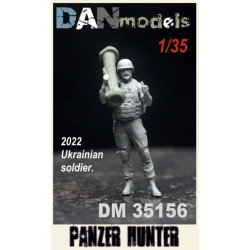

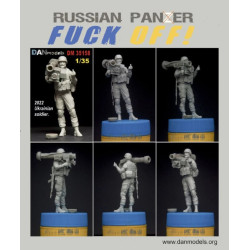
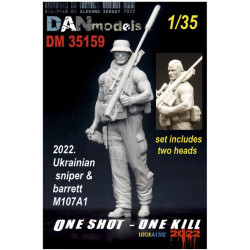
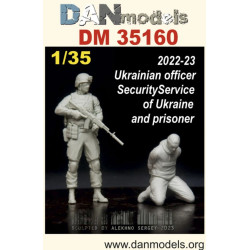
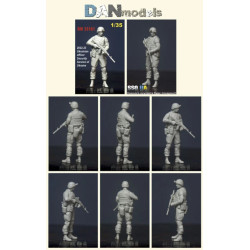
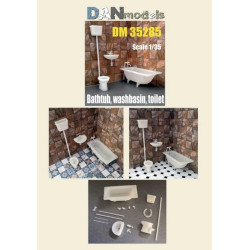
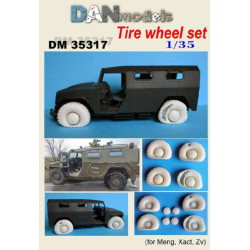
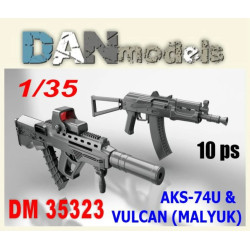
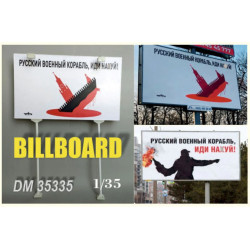
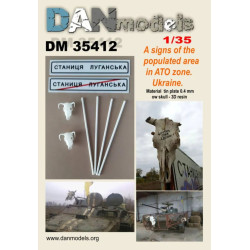



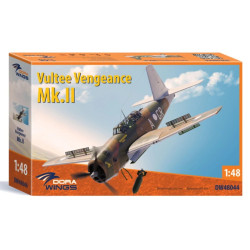


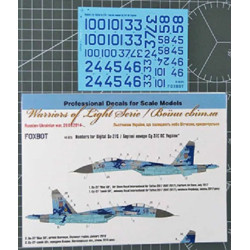

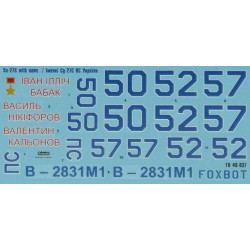

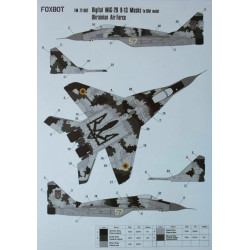
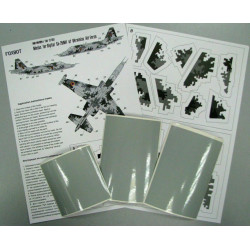




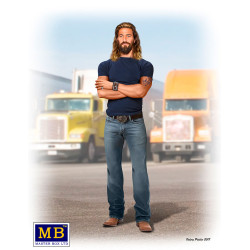
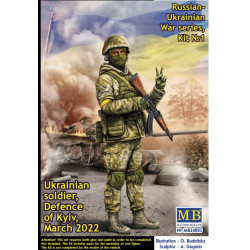
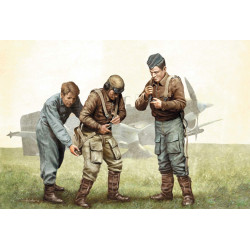
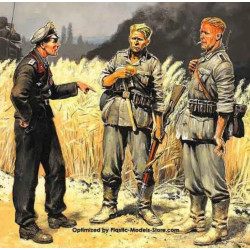


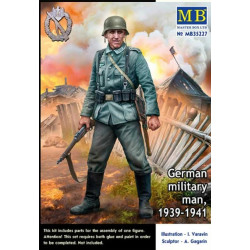
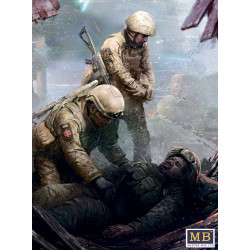












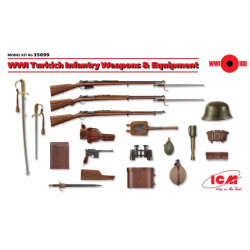
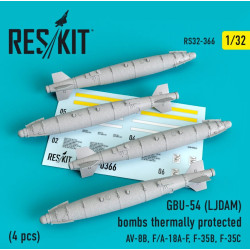
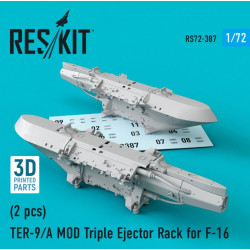
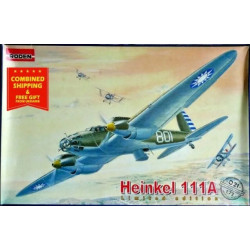
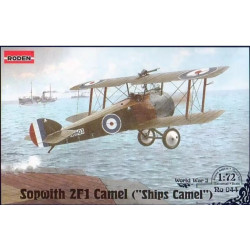



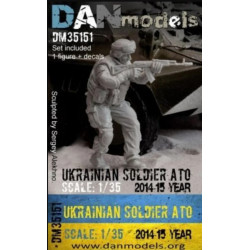

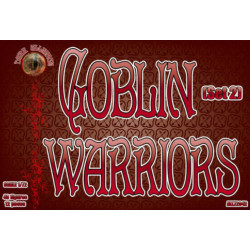
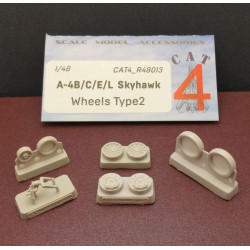

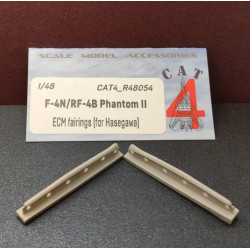
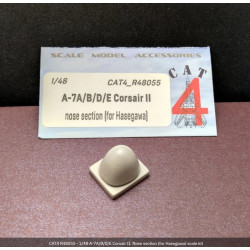
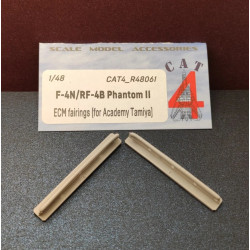
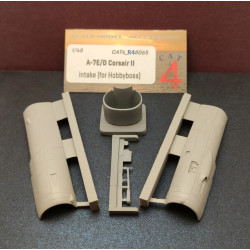
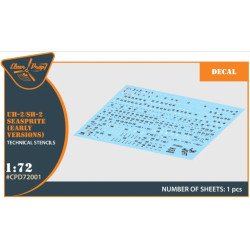
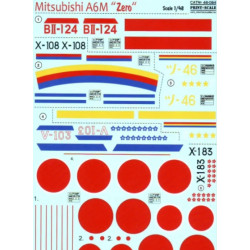
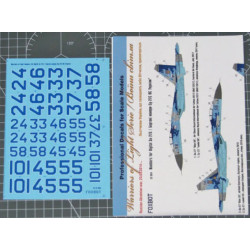
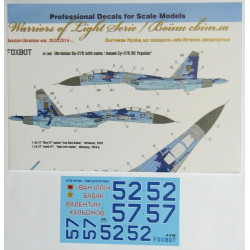
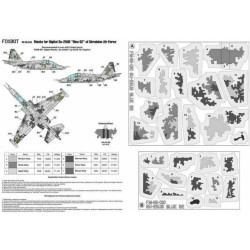
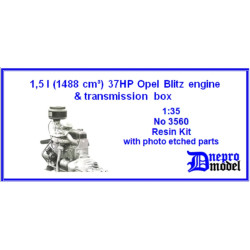


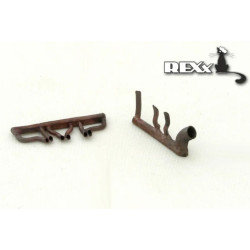
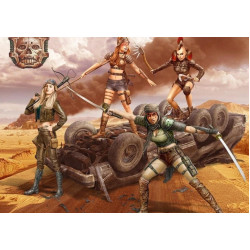

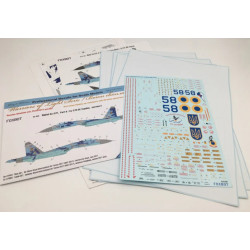
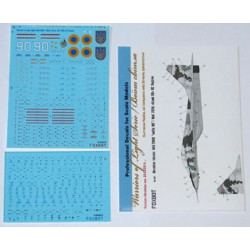


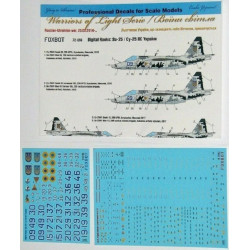

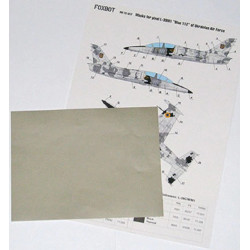

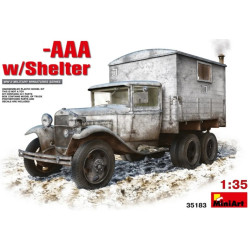
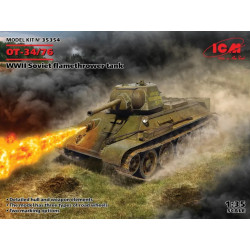
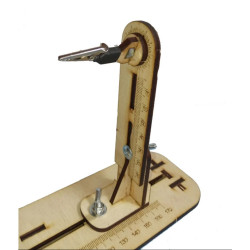










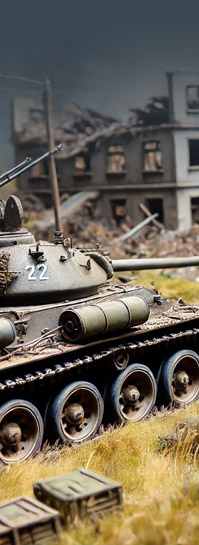

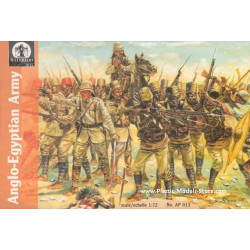
-250x250w.jpg)
